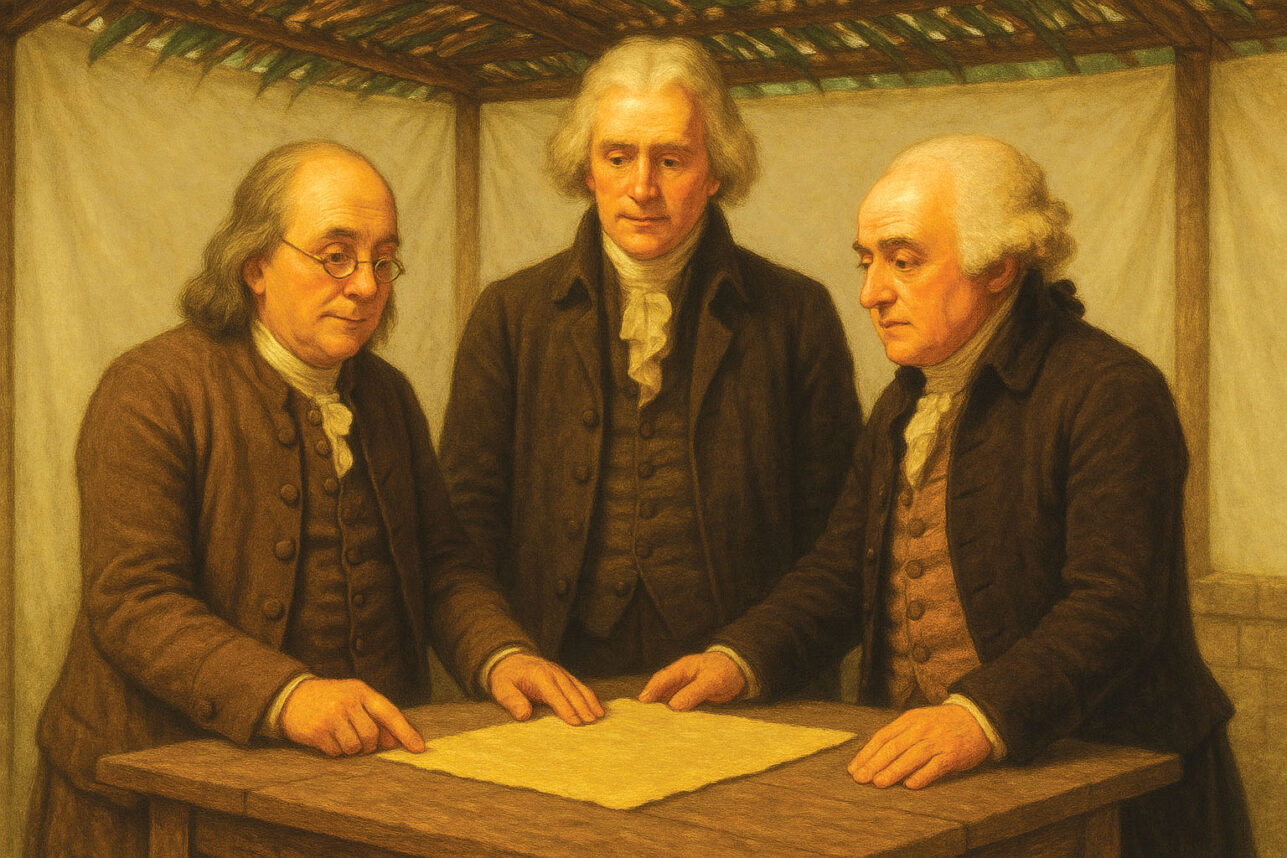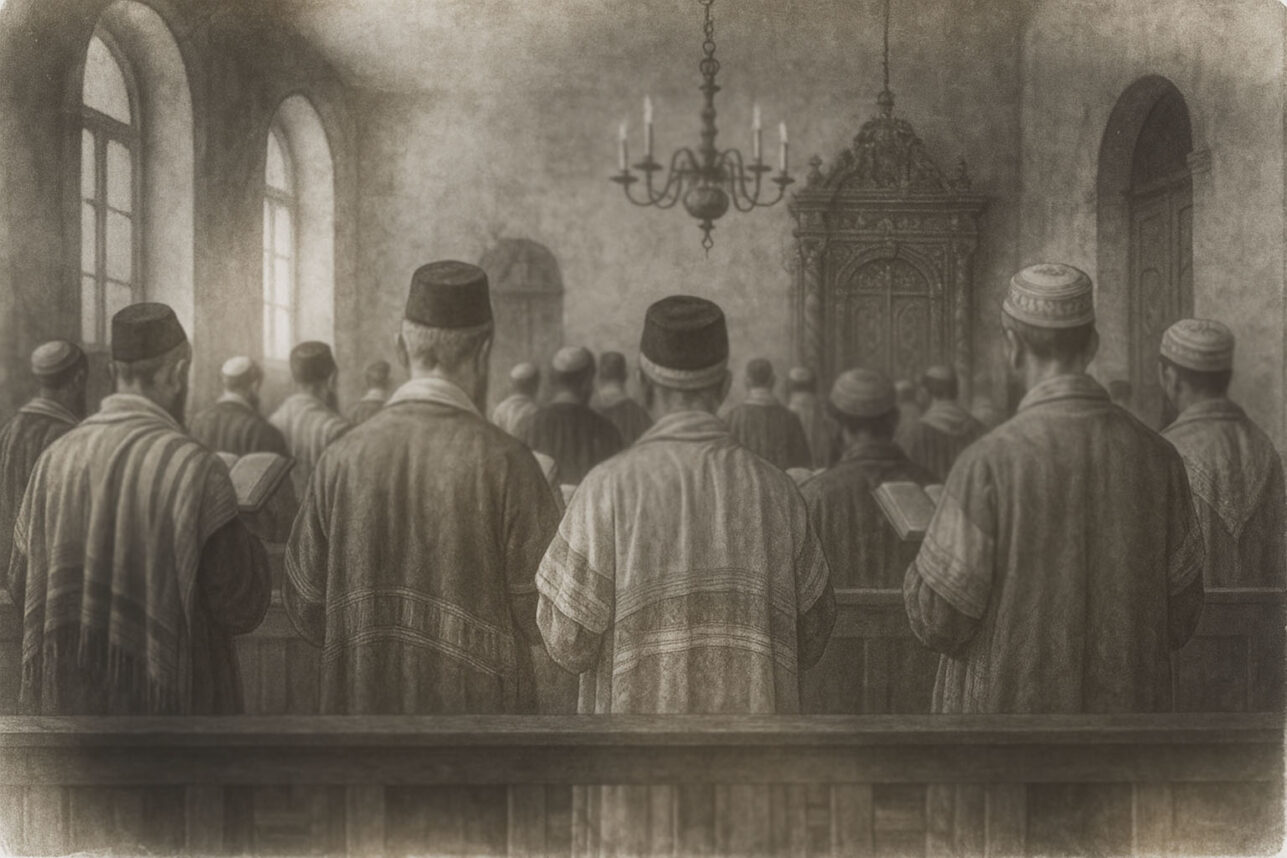Torah study and prayer are decidedly low-tech ventures, but the rise in popularity of handheld multimedia devices like the iPod, PalmPilot and Treo Smartphone has brought a 21st century edge to ancient practices once confined to the printed page. The marketplace now features a plethora of software solutions that allow users to download sacred texts and Judaic and Hebrew literacy tools, as well as Jewish calendars and kosher guides, into a portable system that helps Jews stay religiously connected in the 24/6 world.
New products like the ShasPod and iDaven are helping Jews keep up with their studies in their own time. Rabbis are reading the Ve’ahavta from their iPod screens, scholars are studying the Torah on PalmPilots and Jewish children are learning prayers on laptops.
As technology advances, so too will the Judaic tools available. But questions of halacha, especially the treatment of God’s name on electronic devices, provide a stumbling block for technophobes who have yet to make the leap.
The iPod has all but revolutionized the music industry since it was first launched in 2001. Now Apple’s popular MP3 player is making greater inroads with the religious community, as Jewish companies develop specific products and programming for the device.
Having trouble fitting a siddur in your already crammed backpack? Davka’s iDaven only takes up space on your iPod. The application contains a group of high-quality photos featuring clear Hebrew text of prayers like Birkat HaMazon (grace after meals) and Tefilat HaDerech (traveler’s prayer).
An iPod loaded with iDaven is essentially a “prayer companion,” said Alan Rosenbaum, head of product development for Davka Corp.
“The iPod has become the ultimate mobile device for music, video and more,” he said. “These days, everyone has one. We wanted to take advantage of its popularity by designing an iPod-based product that would be of Jewish value.”
A more intense iPod learning venture is the ShasPod. Created by Jewish entrepreneur Yehuda Shmidman, this pre-loaded iPod is meant to guide a Hebrew scholar through the process of Daf Yomi, a rigorous seven-and-a-half-year study of the Talmud that boasts hundreds of thousands of participants worldwide.
Every ShasPod comes with 2,711 MP3 files (one for each day of the Daf Yomi cycle, with each day representing a single page of the Talmud). Each file contains a 30 to 60 minute lecture by Rabbi Dovid Grossman of DafYomi.org.
Downloadable Jewish programs for the PalmPilot and similar Palm operating system-driven personal digital assistants (PDA) have been around since the products first gained public attention in the late 1990s.
With the growing popularity of the Treo Smartphone and a new generation of handhelds, like the Tungsten and Zire, observant Jews are increasingly turning to Web sites that feature collections of PDA-friendly Hebrew texts available for download.
Aaron Engel, a Jewish software developer, founded PilotYid.com in 1998, which presents more than 100 Hebrew texts, including the complete Tanakh, in a downloadable format compatible with Palm devices and other PDAs.
Engel was a Yeshiva University student when he first conceived of the idea for PilotYid in 1998, after buying an early PalmPilot. He programmed several prayers into the device and uploaded them onto a Palm software Web site.
“People started downloading it and using it and e-mailing me to thank me,” Engel said. “I realized that there could be a lot of people who would benefit from Jewish software and a lot of people who would create it if there was an easy way to distribute it.”
Engel credits the uptick in production of this type of technology to the overall rise in popularity of hand-held electronics.
“As PDAs became more popular in the general population, they also got more popular in the Jewish population,” he said, adding, “The use of PDAs in Israel created a demand for Hebrew calendars and font support.”
Engel said that monthly freeware and shareware downloads from his Web site are in the tens of thousands, and that out of more than 10,000 people who subscribe to the Web site’s newsletter, at least 100 of them are rabbis.
Along with the growth of this technology have come questions regarding the halachic ramifications for the use of these programs, namely the consequences of storing holy texts on electronic devices.
Jewish law prohibits the erasure of such texts from their original hard copies, especially if they contain the name of God. So is it OK to delete a siddur from an iPod or a Tungsten?
According to Rabbi Susan Leider of Temple Beth Am, a Conservative congregation, that’s not a problem. “Digital writing does not have the same status” as ink-and-paper writing, she said.
Rabbi Elazar Muskin, the spiritual leader of the Modern Orthodox synagogue Young Israel of Century City, agreed, saying, “The consensus opinion is that this isn’t a halachic problem, certainly if one writes over the original text.”
In fact, Rabbi Robert Gan of Temple Isaiah, a Reform synagogue on West Pico Boulevard, views the Jewish potential for such handheld devices only in positive terms.
“I see this kind of technology as a step beyond printing things in books, giving people more access to texts and traditions in a different form,” he said.

































